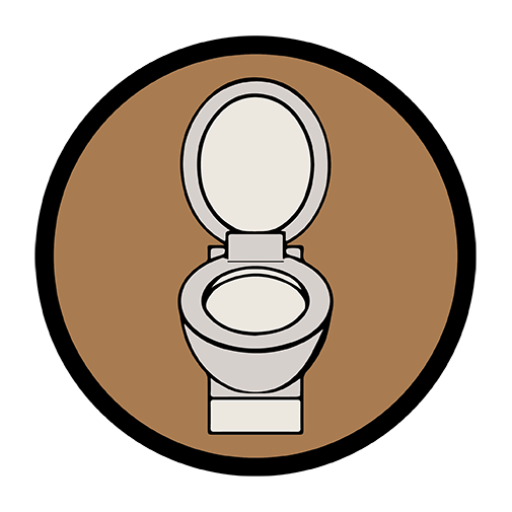Science explains that satisfaction
Sometimes a morning dump is really satisfying. It’s not just us, your biology is set up for it to happen, thanks to how your muscles and nerves work.
Ever since last night’s dinner was digested, your colon has been gradually expanding to accommodate the byproducts. Stretch receptors from your gut send a message to your brain that it’s time to get rid of what’s been building up.
Meanwhile, certain parts of your body are contracting to hold it in, specifically, your 2 anal sphincters (an internal one that’s an automatic muscle that requires no thought, and an external voluntary one). The rest of the muscles in the gut also contract both forward to move things through, and backward so that water and nutrients can be absorbed. All this contracting leads to increased abdominal pressure. Most of what we feel normally is the expansion of the bowels with air or fluid or poop.
And when that pressure builds up, your stretch receptors send ‘get this out of here’ signals to your brain. When you finally go, abdominal pressure decreases and stretch receptors relax. The release of all that tension naturally feels great. Although in some folks, this abdominal pressure may not go away; this could be the result of gut bacteria that produce gases, or it could be due to your diet, or the presence of specific intestinal enzymes.
There are a huge number of nerve endings where your waste products pass: the anus has among the most in your entire body. It’s the only organ that senses and differentiates gas from liquid and from solids (poop). Nerves there transmit sensations like temperature, pain, and pleasure to your brain.
2 nerves, in particular, may be key factors in the feel-good experience.
The vagus nerve sends pleasant signals to your brain. Body functions that keep your body relaxed, like breathing and digestion, are largely driven by the vagus nerve, one of the biggest nerves in the human body that controls most of the gut. As you poop, this nerve transmits the satisfying sensation of decreased abdominal pressure. Your brain often perceives these nerve signals to be pleasurable as it is associated with the completion of a task (that would be pooping). Stimulation of the vagus nerve through defecation could even momentarily lower heart rate and blood pressure.
The pudendal nerve might get in the act, too. This nerve also provides sensory information from your anus to your brain, and it happens to be one that’s also in the clitoris and penis. Although this hasn’t been studied formally, some scientists suggest that the pudendal nerve could contribute to enjoyable dumps, since it often carries the feeling of pleasure.
Although not fully studied, guys may even have a satisfaction advantage: for men, the prostate could even be involved. Often considered the male G-spot, this gland, situated just in front of the rectum, may be stimulated by particularly large bowel movements.
Source menshealth.com

